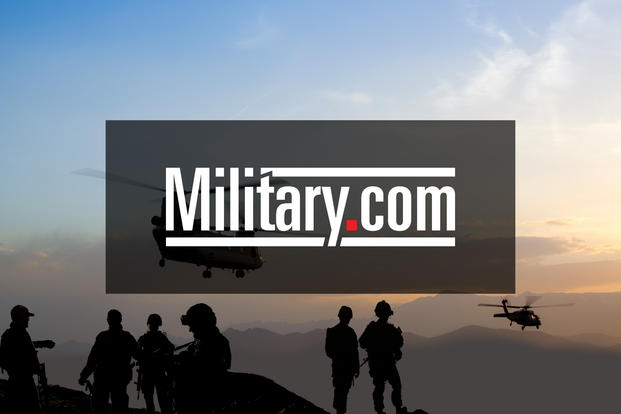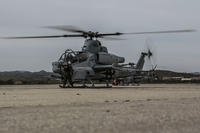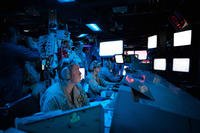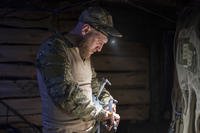The U.S. has advised the Baghdad government against reversing the "Mosul first" strategy by pulling back troops to guard the capital against the rash of ISIS terror attacks.
In addition, U.S. officials have also expressed their concerns to the Iraqis over increasing reports from the United Nations and humanitarian groups of atrocities by Shiite militias against Fallujah refugees.
In the worst terror bombing to hit Baghdad since 2003, more than 200 were killed Sunday when a truck bombing claimed by the Islamic State of Iraq and Syria, or ISIS, exploded in the Karrada shopping district. It was the highest death toll in a wave of attacks in Baghdad that have shaken the authority of Prime Minister Haider al-Abadi.
Army Col. Chris Garver, a spokesman for Combined Joint Task Force-Operation Inherent Resolve, said in a briefing to the Pentagon Wednesday that the U.S. was providing intelligence to the Baghdad government to root out ISIS cells and prevent future attacks.
"We are providing assistance and we're also providing intelligence sharing and when it comes to the bombers who are trying to attack Baghdad. There is some technological support that I won't get into the specifics of," he said. "But we are providing them intelligence to bolster their -- to bolster their efforts, to bolster their ability to control the capital."
Garver acknowledged that the U.S. had concerns that the attacks on Baghdad would force Abadi to withdraw troops in northern Iraq involved in "shaping operations" for a planned offensive on Mosul.
"We're concerned about that and certainly the prime minister is, you know, looking at the security situation in Baghdad very carefully," he said. "But we still see the Iraqi security forces up in the Tigris River valley conducting that attack, and they're still moving forward" toward Mosul.
"The coalition believes that Mosul is the prize, and continuing to break the caliphate and continuing to break the will of Daesh (an Arabic acronym for ISIS) inside is the right course of action," he added said. "We think Daesh wants the Iraqis to turn around and stop the attack and go back to Baghdad. And so clearly, you don't want to do what the enemy wants you to do."
Garver also said the U.S. was well aware of the reports of atrocities against Sunni refugees from Fallujah and had raised the matter with the Baghdad government. However, he stressed that the problem was an internal Iraqi issue.
"We've been talking about this for several weeks. It's something that we're concerned about," he said, referring to reports that Shiite militias known as the Popular Mobilization Forces (PMF) have been separating men and boys from the women among those fleeing Fallujah and summarily executing some of them.
"The Iraqi government continues its investigations into the initial allegations as well," he said. "I know that the Iraqi forces separated military-age males that potentially were Daesh members when they cleared Fallujah and some of that screening is still going on."
On Tuesday, Ziad Ra'ad al-Hussein, the UN High Commissioner for Human Rights, said his office had received credible evidence that 50 men and boys from among more than 900 displaced Fallujah residents may have been executed.
In a statement, Zeid said that on June 1 about 8,000 civilians, including some 1,500 men and boys over the age of 14, left their village in Saqlawiyah, near Fallujah. Nearly all belonged to the Albo Akash clan of the al Mahamda Tribe, he said.
"In the distance, they saw what appeared to be a line of government forces, who hailed them with loudspeakers, saying the villagers had nothing to fear from them. However, once they reached the line, witnesses said that hidden behind the Iraqi flags they saw the flags of a militia called Kataaib Hezbollah," he said.
The militia fighters immediately separated the men and teenage boys from the women and children, who were transferred to government-run camps for displaced people near Amiryat al Fallujah. On 5 June, the males were separated into two groups -- one consisting of 605 men and boys, and the other of around 900, and the fate of the larger group is currently unknown, Zeid said.
"This appears to be the worst -- but far from the first -- such incident involving unofficial militias fighting alongside government forces" against ISIS, Zeid said. "These crimes are not only abhorrent," he said, "they are also wholly counter-productive. They increase the likelihood of a renewed cycle of full-throttle sectarian violence."
--Richard Sisk can be reached at Richard.Sisk@Military.com.




























